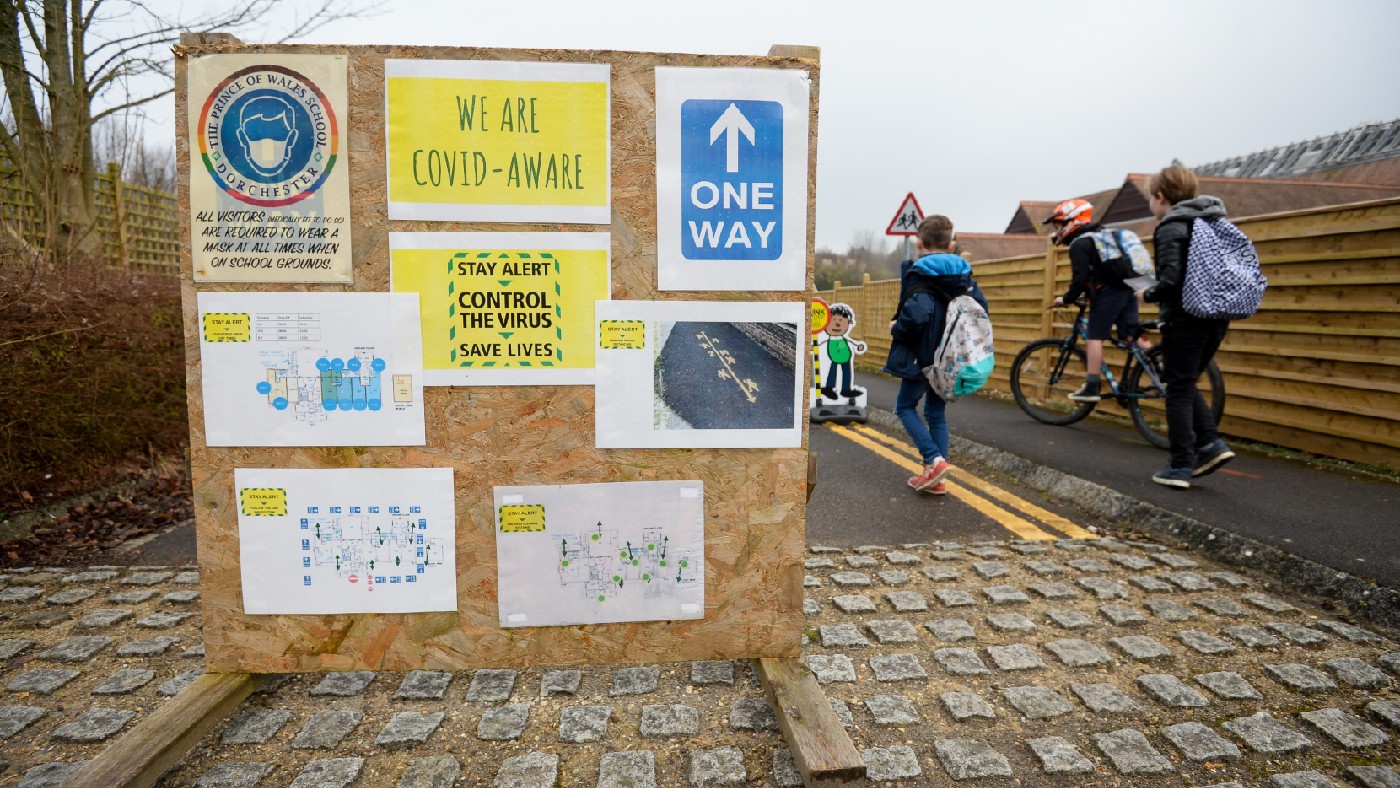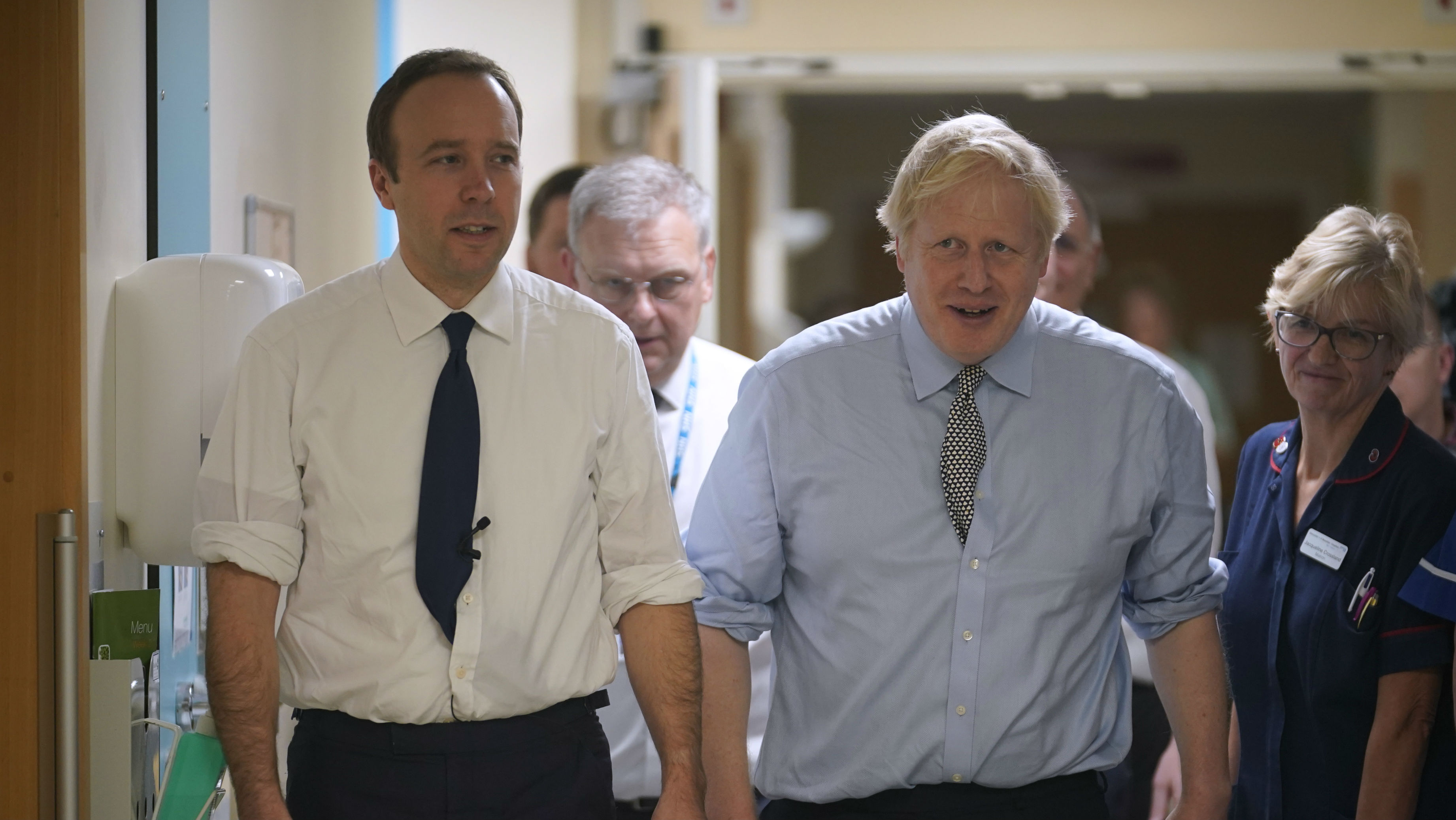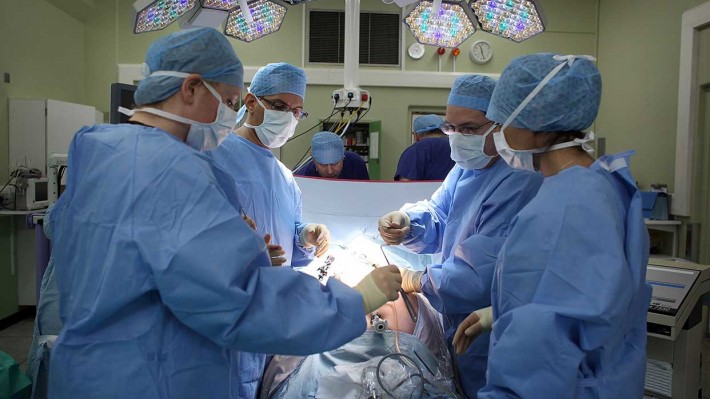Could this Victorian diet be the next health craze?
New research suggests people living in poor, rural communities had the healthiest eating habits

A free daily email with the biggest news stories of the day – and the best features from TheWeek.com
You are now subscribed
Your newsletter sign-up was successful
People living in poor, rural communities had the best eating habits in Victorian Britain, according to new research.
Their diets consisted of locally grown vegetables, potatoes, fish, milk and small amounts of meat, which peasants in mid-19th century Britain were often given in exchange for work.
“If you take the diets in Britain in that era, they would nutritionally be akin to the Mediterranean diet today,” said Dr Peter Greaves, who led the study.
The Week
Escape your echo chamber. Get the facts behind the news, plus analysis from multiple perspectives.

Sign up for The Week's Free Newsletters
From our morning news briefing to a weekly Good News Newsletter, get the best of The Week delivered directly to your inbox.
From our morning news briefing to a weekly Good News Newsletter, get the best of The Week delivered directly to your inbox.
“The rural diet was often better for the poor in more isolated areas because of payment in kind.”
The most nutritious diets were found in isolated parts of England, the mainland and islands of Scotland and the west of Ireland.
This was reflected in the diseases that people died from, says The Times. “Tuberculosis, which is associated with worse nutrition, was twice as prevalent in cities,” it reports.
After the 1860s, while rural economies stood still, “in urban communities things slowly improved”, Dr Greaves says. “People got a bit wealthier and there was more availability of food.”
A free daily email with the biggest news stories of the day – and the best features from TheWeek.com
He argues that such a diet would be relatively easy - and affordable - to stick to today.
“If you walk into a supermarket you will still find cheap vegetables so people could still eat like this,” he says. “I think the problem today is that people have too much choice.”
Not everyone on social media was convinced, however.
-
 Tourangelle-style pork with prunes recipe
Tourangelle-style pork with prunes recipeThe Week Recommends This traditional, rustic dish is a French classic
-
 The Epstein files: glimpses of a deeply disturbing world
The Epstein files: glimpses of a deeply disturbing worldIn the Spotlight Trove of released documents paint a picture of depravity and privilege in which men hold the cards, and women are powerless or peripheral
-
 Jeff Bezos: cutting the legs off The Washington Post
Jeff Bezos: cutting the legs off The Washington PostIn the Spotlight A stalwart of American journalism is a shadow of itself after swingeing cuts by its billionaire owner
-
 Neanderthal gene ‘caused up to a million Covid deaths’
Neanderthal gene ‘caused up to a million Covid deaths’Speed Read Genetic tweak found in one in six Britons means cells in the lungs are slower to launch defences
-
 Legalising assisted dying: a complex, fraught and ‘necessary’ debate
Legalising assisted dying: a complex, fraught and ‘necessary’ debateSpeed Read The Assisted Dying Bill – which would allow doctors to assist in the deaths of terminally ill patients – has relevance for ‘millions’
-
 Vaccinating children: it’s decision time for the health secretary as kids return to school
Vaccinating children: it’s decision time for the health secretary as kids return to schoolSpeed Read Sajid Javid readying NHS England to roll out jab for children over 12, amid fears infections will rocket
-
 ‘Vaccination blunts, but does not defeat’: exploring Israel’s fourth Covid wave
‘Vaccination blunts, but does not defeat’: exploring Israel’s fourth Covid waveSpeed Read Two months ago, face masks were consigned to bins. Now the country is in a ‘unique moment of epidemiological doubt’
-
 Thousands told to self-isolate in Covid app pinging error, claims Whitehall whistleblower
Thousands told to self-isolate in Covid app pinging error, claims Whitehall whistleblowerSpeed Read Source says Matt Hancock was privately told of the issue shortly before he resigned as health secretary
-
 Record 5.45m people on NHS England waiting lists
Record 5.45m people on NHS England waiting listsSpeed Read Health chief warns that crisis is nearing ‘boiling point’ as backlog grows
-
 Covid testing: the ‘great new game of holiday roulette’
Covid testing: the ‘great new game of holiday roulette’Speed Read On one day last week, the price of a private PCR test ranged from £23.99 to £575
-
 San Marino is first European country to offer ‘vaccine vacation’
San Marino is first European country to offer ‘vaccine vacation’Speed Read Tiny landlocked nation to give Russian Sputnik vaccine to paying tourists